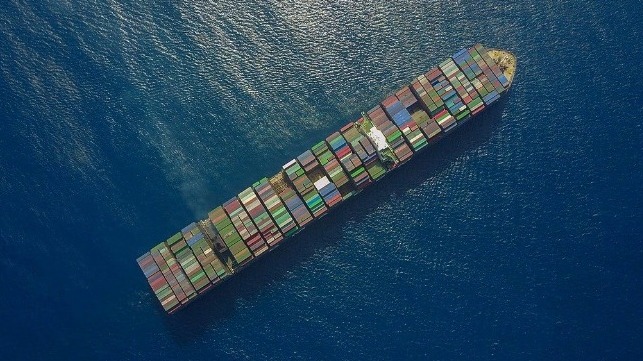Liner Reliability Falls Back with Only Half of All Vessels on Schedule

Schedule reliability for the container liners continues to be under pressure across all routes as volumes have risen and containerships continue to divert around Africa. Consultancy Sea-Intelligence released its mid-year analysis showing that in July the sector experienced the biggest year-over-year decline in 2024 falling back to levels seen at the beginning of 2024.
“Schedule reliability in July is almost at the same level as it was at the start of the year,” comments Alan Murphy, CEO of Sea-Intelligence while pointing out that at 52.1 percent schedule reliability, the sector is keeping in line with the trends seen so far in 2024. Reliability has been largely within the 50 to 55 percent range since January 2024.
Carriers had successfully regained much of the lost reliability experienced during the pandemic returning to as high as two-thirds (66.8 percent) in May 2023 and 64 percent in July 2023. The first big drop came in December 2023 with the first of the disruptions on Red Sea routes and continued into 2024. A slight recovery when the industry reached 55 percent in May and 54 percent in June, however, has also receded. July was off by 2.1 percent compared to June to just over 52 percent reliability across all containership routes.
On a year-over-year basis, schedule reliability in July 2024 was off 12 percentage points versus the prior year. It was in keeping with the 10 to 12 percent monthly declines seen each month since April 2024.
The average delay, however, remained fairly stable in recent months at five and a quarter days. However, it is up by approximately two-thirds of a day versus July 2023. The current average delay for late vessel arrivals Murphy highlights was only surpassed by the pandemic highs of 2021-2022. While vessels in July were on average 5.24 days late, delays in July 2021 were approximately seven days and peaked at nearly eight days at the beginning of 2022.
Among the 13 largest carriers, Sea-Intelligence’s data shows they all experienced significant year-over-year declines in reliability. Overall the top carriers experienced a nearly 13 percentage point decline in schedule reliability comparing July 2024 to July 2023.
On average, schedule reliability for the top carriers declined a further four percent in July versus June. Only Zim showed a monthly improvement while the largest carriers, MSC and Maersk, were largely flat month-over-month. The other carriers were generally off between 3 and 6 percent, while Wan Hai was off nearly 12 percent.

that matters most
Get the latest maritime news delivered to your inbox daily.
Maersk returned to the position as the most reliable overall among the large carriers. A total of four carriers were able to remain above 50 percent, while the remaining large lines were all in the 40s percent range.
The pressures are likely to continue on the carriers as industry analysts have projected an early peak season. Shippers are concerned about potential delays across the systems and a shortage of capacity. It could also be made worse by the looming strike by dockworkers on the East Coast of the United States and other problems such as the recent contract rejection by longshore personnel for Germany’s container ports.
